|
First and foremost, we are talking about millennials, not hipsters. You might say that all hipsters are millennials, but not all millennials are hipsters. Millennials are those peoples who were born after 1980 and came of age around the early 2000's. So pretty much anyone between 20 and 34. Millennials are the most educated generation in American history. They lived through peacetime, witnessed 9/11, then a decade of war (and probably protested), a recession, saw the first African American President elected (and probably campaigned for him) and are now finally making their marks on the world and the built environment. Being the most educated generation also means that they sacrificed tens of thousands of dollars in earnings during the first four years of their early adult lives and instead invested even more money in their education. Many millennials are the first in their family to go to college, and therefore there are millions of well-educated individuals who just a generation before would have had to been part of a privileged class. In other words, there are new values, new cultural references, and new priorities that are specific to millennials. There are many articles that discuss favorite cities for millennials. But the question is "why are these good cities for millennials?" We're going to provide you with five signs that a city is "millennial-friendly": 1. Alternative transportationMillennials are thrifty. No, they don't shoot dinner on the way home from work like their grandparents did during the Depression, but they are apt to combine activities which result in staying true to their values without sacrificing efficiency and pleasure. Essentially, they will find a way to have it all, and reject the norm if the options are there. They like to hack the world. In terms of commuting to work, cities that have alternatives to the usual bumper-to-bumper traffic routine are millennial-friendly. If a millennial commuter can combine fitness into their routine by riding their bike, they'll do it. Or maybe they'd prefer to read a book or the news on the way into work, rather than stare at the car bumper in front of them, they'll do it. 2. People PowerMillennials are accepting of social movements due in large part to interconnectedness through social media. With that being said, millennials tend to enjoy cities that have a vibrant social scene. Millennials tend to be attracted to more progressive cities for this reason, and progressive cities remain progressive due to millennials. Whether its a march for peace, gay pride, or environmental protection, millennials are not afraid to get out and demonstrate. See Occupy Movement. 3. Mixed-use, high-densityMillennial preferences are bringing back the traditional neighborhood design in larger cities. Millennials want to be able to live, work, and play in close proximity and are naturally attracted to cities that have a vibrant mixed-use street scene. But they are also aware of faux town centers and prefer some semblance of authenticity. 4. Open-air marketsMillennials are attracted to activity and impromptu place-making. Open-air markets and farmers markets are frequented by millennials for a number of reasons. First, they like the idea of the local economy. Supporting local artisans and farmers are in part due to their keen sense of detecting corporate bullshit. Secondly, millennials are often artistic and crafty themselves and can actually make a living at these markets. Finally, millennials are attracted to cities with open markets because of the novelty. 5. Education centersFinally, millennials are attracted to cities that have education opportunities. Millennials are ambitious, and that means that having the ability to study for a certification or another degree in their spare time is a plus. Or maybe they're late to the game and want to start a degree program. Not all millennials get their first degree at 22. Many have fought valiantly overseas and are ready to get at it. Cities with sizable education centers are attractive to millennials because remember, they tend to be well-educated and it takes them back to their glory days.
urban planning blog
|
|
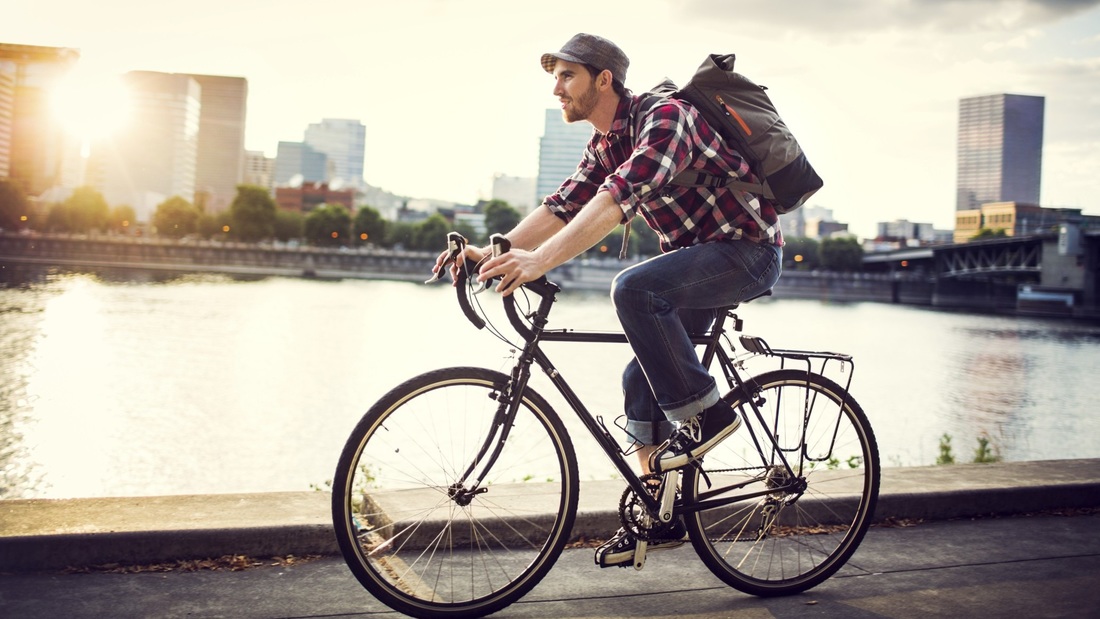
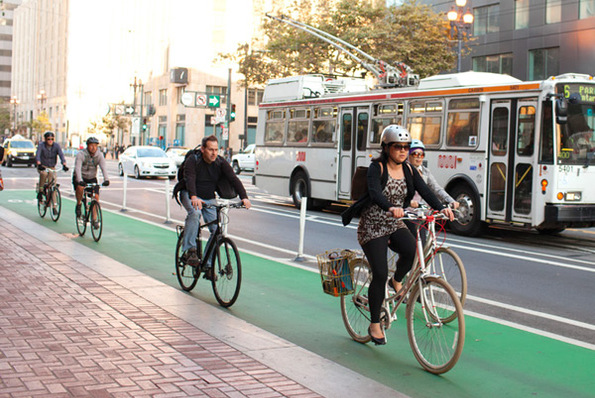
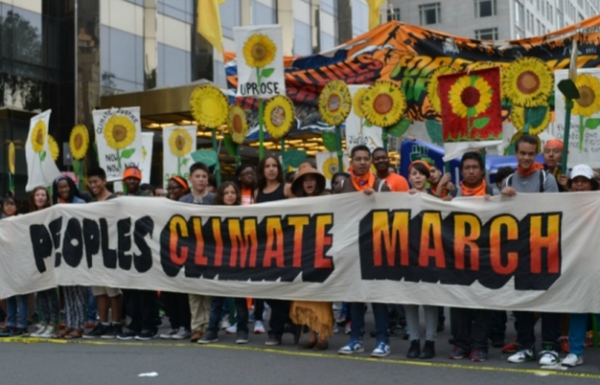
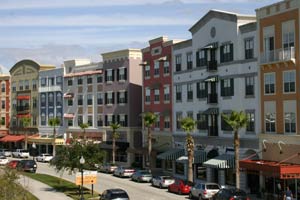
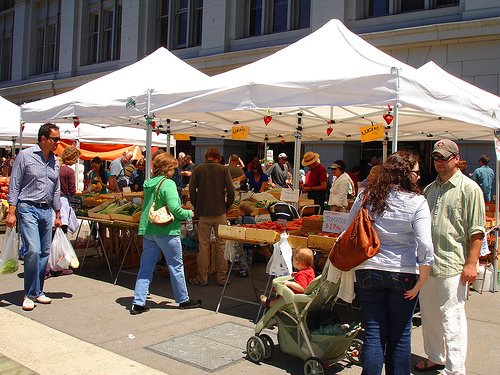

 RSS Feed
RSS Feed